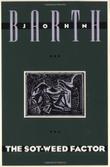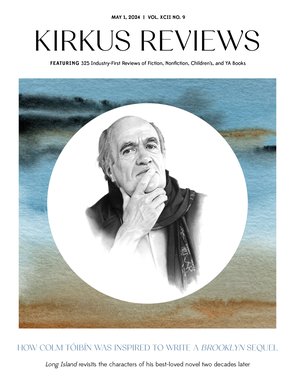John Barth, whose postmodern novels of the 1950s and ’60s influenced generations of fellow authors, has died at 93, the Washington Post reports.
Barth, a Maryland native, was educated at Johns Hopkins University and taught for 12 years at Pennsylvania State University.
 He made his literary debut in 1956 with The Floating Opera, which followed a day in the life of a suicidal man, and followed that up two years later with another novel, The End of the Road. The books divided critics; a reviewer for Kirkus called the latter novel “sick-sick-sick, or maybe just foul” and “a real recoil.”
He made his literary debut in 1956 with The Floating Opera, which followed a day in the life of a suicidal man, and followed that up two years later with another novel, The End of the Road. The books divided critics; a reviewer for Kirkus called the latter novel “sick-sick-sick, or maybe just foul” and “a real recoil.”
He became a literary sensation in 1960 with the publication of The Sot-Weed Factor, which told the story of a 17th-century Maryland poet. The book is today considered a landmark of postmodern fiction, alongside Barth’s 1966 novel, Giles Goat-Boy.
Barth’s other books include the short story collections Lost in the Funhouse and The Book of Ten Nights and a Night and the novels Chimera, The Tidewater Tales, and Every Third Thought.
Barth’s admirers paid tribute to him on social media. On X, formerly known as Twitter, author Gregory Howard wrote, “John Barth was a sui generic voice in American letters, a bonkers experimentalist, an ironic Romantic, a generous literary oddball. I’ve phased in and out of his wavelength over my experience with him but think often of the pieces that have captivated me. A real one of one.”
And writer Lee Matthew Goldberg posted, “RIP John Barth. Such a wonderful writer. If you’re never read Sot-Weed Factor and Floating Opera and the End of the World, do yourself a favor and pick it up. Brilliant and weird.”
RIP John Barth. Such a wonderful writer. If you’re never read Sot-Weed Factor and Floating Opera and the End of the Road, do yourself a favor and pick it up. Brilliant and weird.
— Lee Matthew Goldberg (@LMGBooks) April 3, 2024
Michael Schaub is a contributing writer.




































